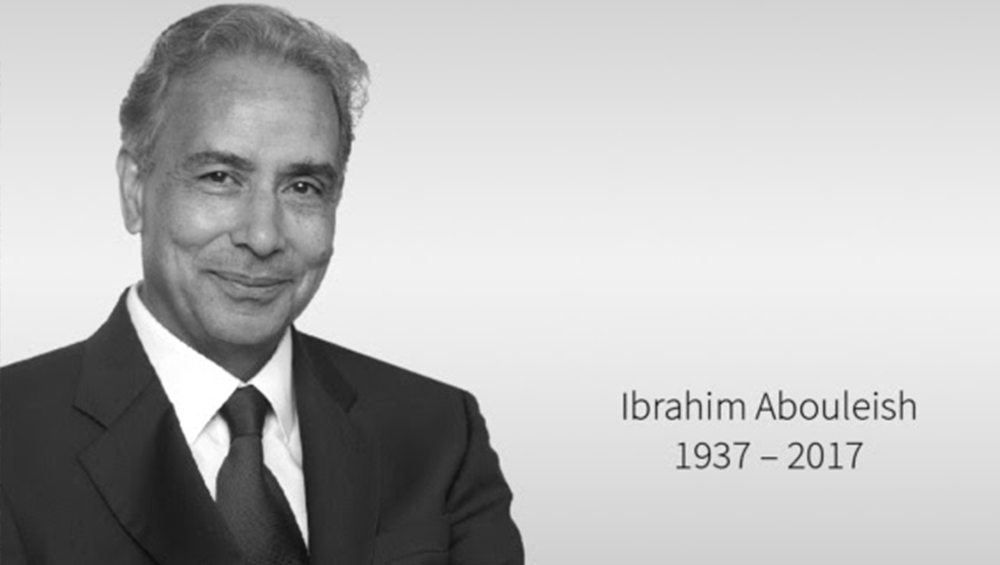One year ago, on the 15th of June 2017, Ibrahim Abouleish, the founder of the SEKEM Initiative, passed away at the age of 80 – in the same year SEKEM celebrated its 40th anniversary. In this context, SEKEM community decided to further develop the founding vision and formulated an updated vision, mission and goals for 2057.
“Whatever you can do, or dream you can, begin it. Boldness has genius, power, and magic in it!” Johann Wolfgang von Goethe
Ibrahim Abouleish created the SEKEM vision in 1977 with a view to the challenges he saw in Egypt during that time and in the future. With a holistic approach, he founded the SEKEM initiative, which became a successful model for sustainable development despite many obstacles. In the Vision 2057 paper, SEKEM first takes a look to the achievements of the past 40 years:
- 2100 hectares of desert land have been reclaimed
- 600,000 trees have been planted
- 500 million tons of CO2e have been sequestered
- € 74 million net present value was generated through local food production
- 2000 direct jobs were created
- 8000 direct members were affiliated to the community
- 22,778 people in the direct surroundings of SEKEM are supplied from productivity
- € 14 million net present value was generated from savings due to the provision of local health and education infrastructure
SEKEM Vision 2057 and 2027
As in 1977, SEKEM has now asked itself the question again: What do we expect from the future? How will the world look like in the four dimensions of ecology, economy, society and culture in 2057? With the support of international research and experts, but above all with an integral perspective, the SEKEM Vision 2057 document gives an idea on the future challenges. In line with the founder’s vision, SEKEM then formulated the new goals: How Egypt should look like in 10 and 40 years, and what SEKEM is doing to achieve that.
Mission and Goals for Egypt and SEKEM
By 2057, in the Ecology Dimension SEKEM aims to spread organic and biodynamic agricultural methods in Egypt to such an extent that the majority of the country is applying sustainable agricultural practices (including sustainable water and waste management as well as renewable energies). In addition, the conservation of biodiversity in Egypt shall be stabilized and SEKEM itself does not want to produce any waste at all.
By 2057, in the Economy Dimension SEKEM aims to have introduced circular economy, true cost accounting, the concept of “Economy of Love” and an ethical banking system in Egypt. SEKEM itself wants to apply these points to 100%.
By 2057, in the Societal Dimension SEKEM aims to inspire the Egyptian society in such a way that a social transformation had taken place, by which all people have developed awareness on their individual opportunities to shape their country and the future. This shall be achieved, among others, by the support of SEKEMsophia, the SEKEM model for holistic and individual development of communities and organizations.
By 2057, in the Cultural Dimension SEKEM aims to integrate a holistic education approach into Egypt’s educational system that enables individual potential unfolding – from schools to universities to research. In addition, the medical sector should have adopted an integrative concept and arts and culture shall play a fundamental part among all social classes.
SEKEM is confident of achieving its goals for the next 40 years together with its great network of international partners – inspired by the “Miracle in the Desert” that had been created by Ibrahim Abouleish and the words of Johann Wolfgang von Goethe: “Whatever you can do, or dream you can, begin it. Boldness has genius, power, and magic in it!”
Read the SEKEM Vision 2057 here
SEKEM Vision and Mission

